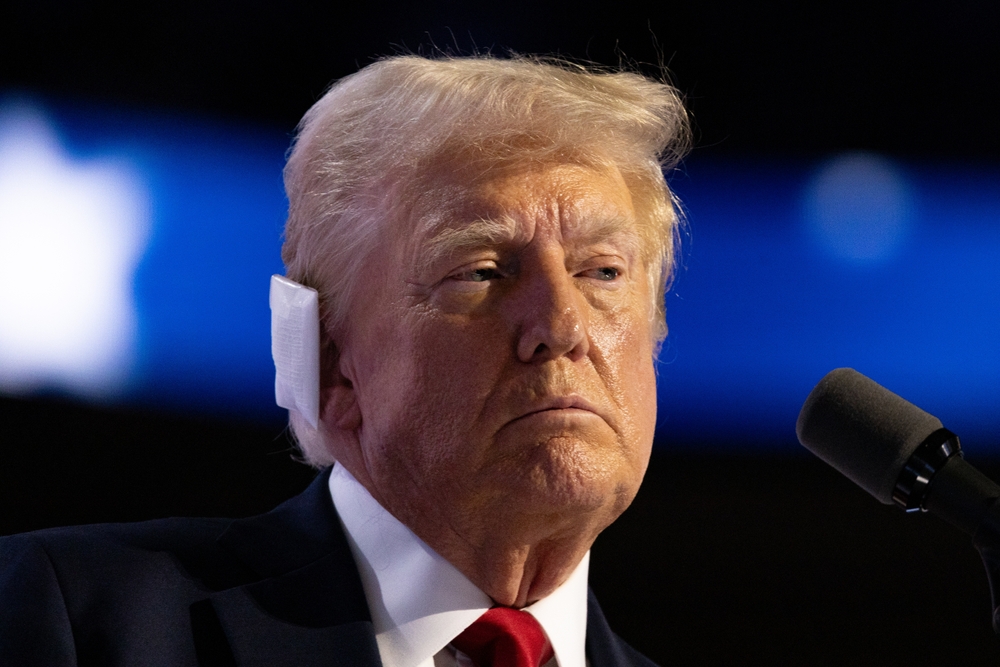Donald Trump vows to launch the “largest deportation operation in American history” on his first day back in office, signaling a dramatic shift in U.S. immigration policy. His return promises an impactful reshaping of immigration and technology strategy.
Massive Deportation Initiative
President-elect Donald Trump announced plans to commence a vast deportation initiative upon resuming office on January 20, 2025, claiming it will surpass any previous effort in scope. Tom Homan, designated as the border czar, will lead this mission to secure U.S. borders. Trump’s proposal involves invoking an old law, the Alien Enemies Act, to deport noncitizens from countries at odds with the U.S. and potentially utilizing the National Guard to enforce this directive in states that might resist active participation.
Trump vows ‘largest deportation operation in American history’ on Day One — and floats overturning TikTok ban pic.twitter.com/z7y34dAZT1
— New York Post (@nypost) December 22, 2024
Trump’s administration faced challenges with deportations, falling short of previous figures under Obama. Current challenges include legal hurdles, limited detention capacity, and dealing with countries refusing deportees. Military leaders might also object due to concerns over morale and resource priorities, emphasizing the seriousness of the proposed actions.
https://twitter.com/TomHoman_/status/1865069309871128597
TikTok’s Strategic Role
Despite national security concerns associated with TikTok’s parent company, ByteDance, Trump acknowledged the platform’s influence on young voters. Discussions about whether TikTok can continue operating in the U.S. and balance its political utility with security risks are ongoing. TikTok faces a looming deadline to divest or risk a ban, highlighting the challenges of reconciling political engagement and national security.
“I think we’re going to have to start thinking about TikTok,” said Donald Trump.
Trump’s campaign performance among younger demographics showed TikTok’s potential as a significant tool for political outreach. With this in mind, Trump weighs the app’s continuation despite previous endeavors to limit its presence due to concerns about data privacy and foreign influence.
Addressing the Fentanyl Crisis
The fentanyl crisis in the U.S. remains a pressing issue for the incoming administration. Trump plans to launch a public awareness campaign to highlight the dangers of fentanyl and its impact on communities. In tandem, he proposes imposing tariffs on countries like Canada, Mexico, and China to tackle the influx of precursor chemicals used in synthetic opioid production. These commitments align with Trump’s broader goal of addressing public safety and health challenges posed by synthetic drugs.
“What Trump seems to be contemplating is potentially lawful,” says Joseph Nunn.
Beyond dealing with illegal immigration and technology strategies, Trump’s priorities extend to broader economic and environmental issues. These include reversing climate policies, increasing fossil fuel production, and the controversial decision to pardon supporters involved in the January 6 Capitol events. These initiatives underscore a pivotal moment as America prepares for a shift in policy direction under Trump’s leadership.
Sources:
https://www.yahoo.com/news/trump-says-could-worth-keeping-192923538.html
https://apnews.com/article/trump-mass-deportations-immigration-844f3050ba99552b900ed9f3a1dec22d

